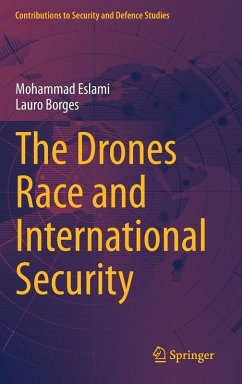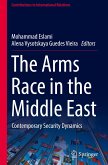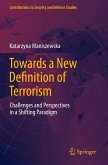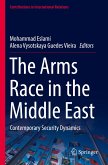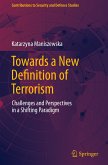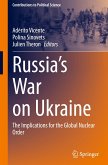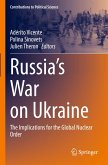This volume discusses the rise of drone technology in modern warfare, focusing on its profound implications for global military competition, arms control, and international security. Situated within the broader context of contemporary international relations, where emerging military technologies are increasingly central to the formulation of national security strategies, this book explores not only the technological advancements that enable drone warfare, but also the strategic, political, and ethical dilemmas that arise from their widespread use.
The scope of the book spans several key areas: the rapid development of drones as tools of military power, the implications for global arms races, the challenges they present to arms control frameworks, and the evolving nature of international security in an age of autonomous and semi-autonomous weapons systems. Through an interdisciplinary lens, this book draws on international relations theory, security studies, and military strategy, seeking to provide a nuanced understanding of the issues at play.
Filling a critical gap by providing a detailed, interdisciplinary examination of the global "drones race" and its consequences for security, governance, and international norms, this volume will be of interest to scholars and students working in fields such as security studies, arms control, the proliferation of conventional weapons, and international security.
The scope of the book spans several key areas: the rapid development of drones as tools of military power, the implications for global arms races, the challenges they present to arms control frameworks, and the evolving nature of international security in an age of autonomous and semi-autonomous weapons systems. Through an interdisciplinary lens, this book draws on international relations theory, security studies, and military strategy, seeking to provide a nuanced understanding of the issues at play.
Filling a critical gap by providing a detailed, interdisciplinary examination of the global "drones race" and its consequences for security, governance, and international norms, this volume will be of interest to scholars and students working in fields such as security studies, arms control, the proliferation of conventional weapons, and international security.

